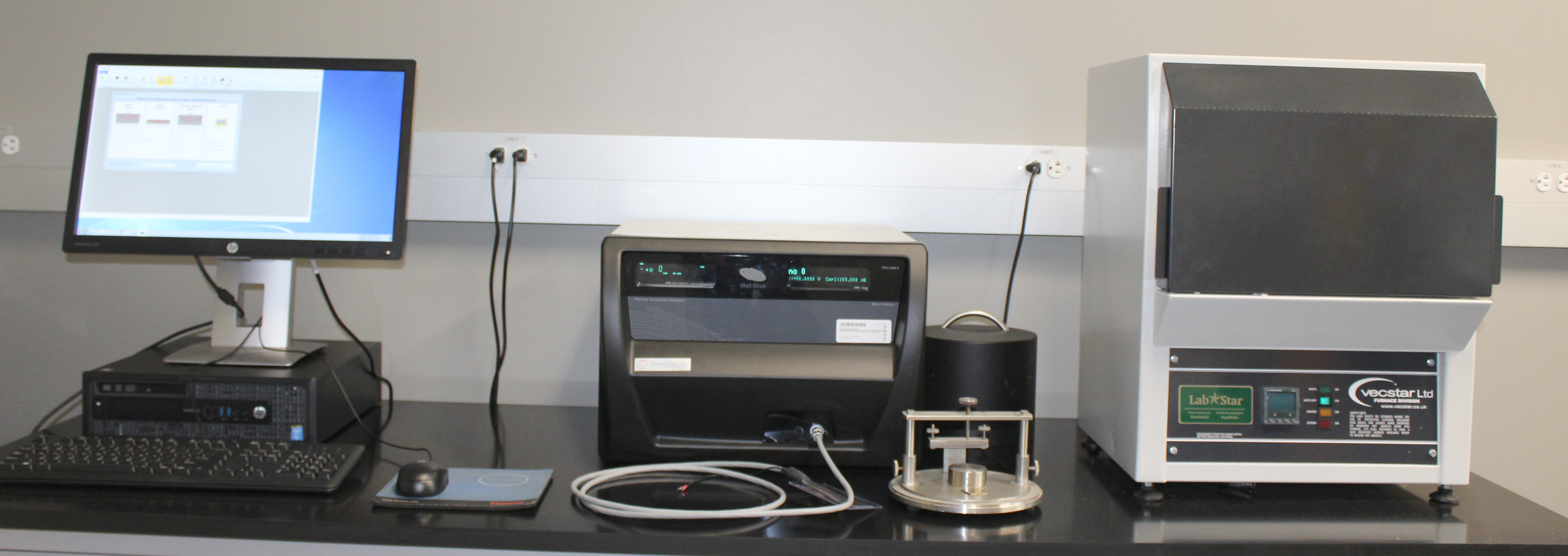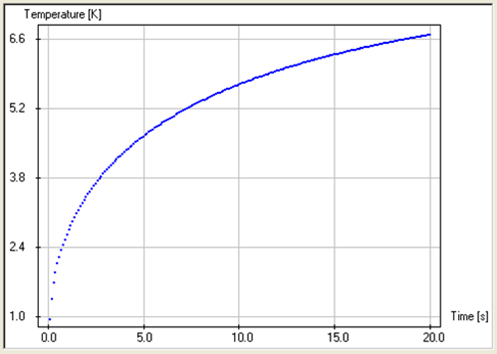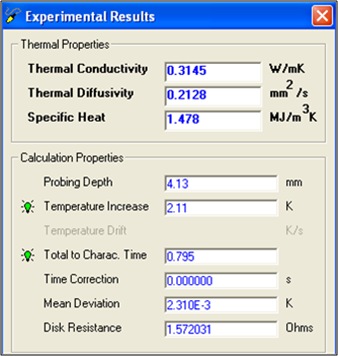
Capabilities
- Thermal conductivity 0.001 to 1000 W/mK
- Thermal diffusivity
- Specific heat
- Bulk and directional (axial & radial) properties
- Homogeneous, heterogeneous, isotropic, and anisotropic orientations
- Types of materials: solid, liquid, paste, powder, and phase changing materials
- Testing temperature range: 50 – 1000 °C


